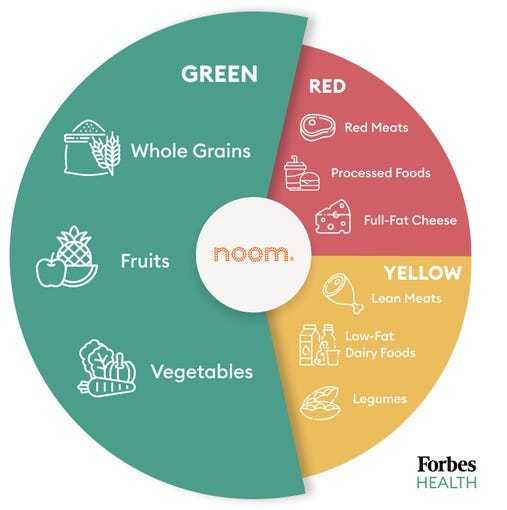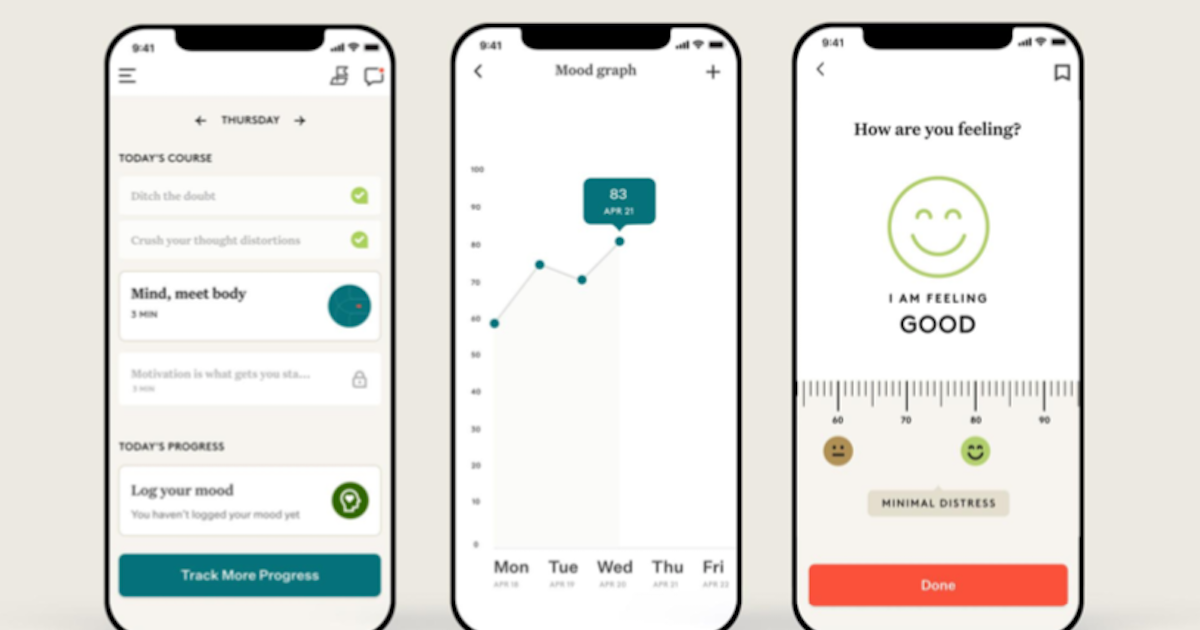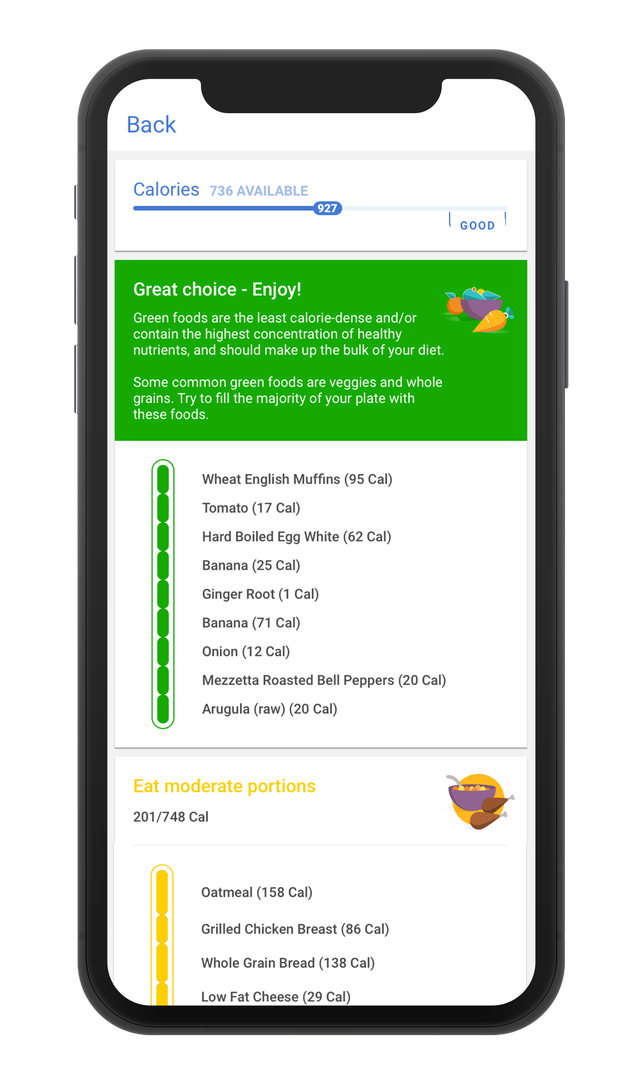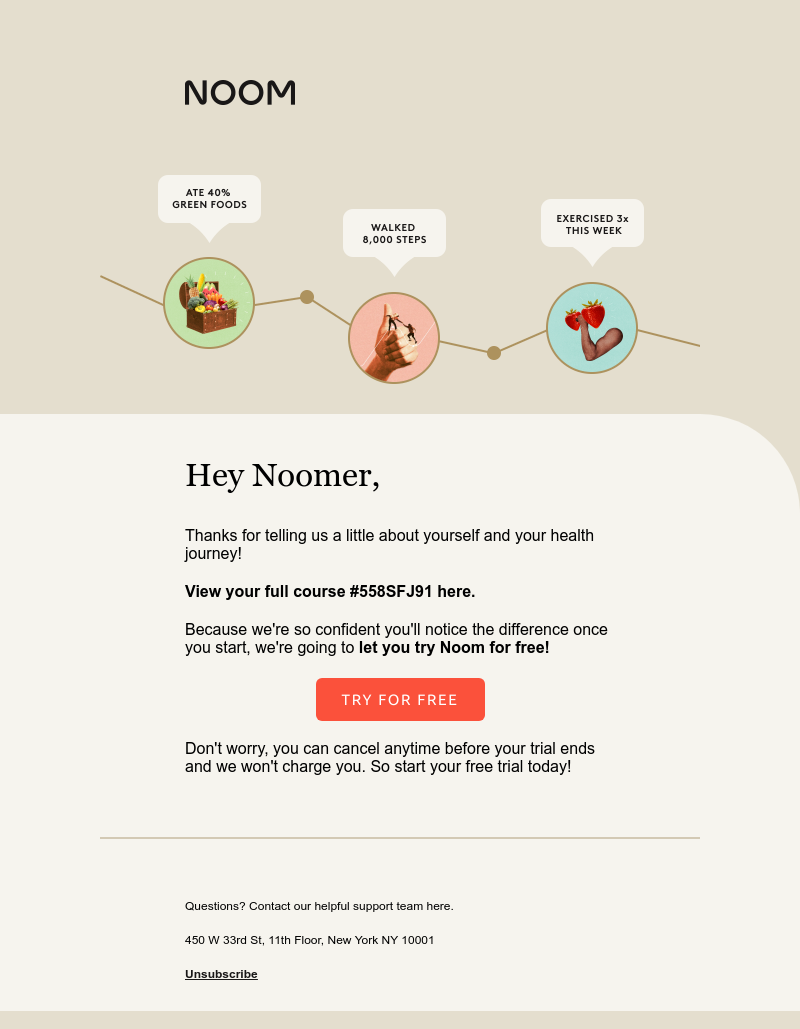Have you heard of the Noom Diet? It’s a weight loss program that has gained popularity in recent years. With so many diets, knowing which ones are worth trying can be challenging. In this blog post, we’ll take a closer look at the Noom Diet, how it works, its pros and cons, and whether it’s a sustainable and prosperous diet plan.
What is the Noom Diet?
The Noom Diet is a weight loss program that combines psychology, nutrition, and exercise. The program is designed to help users make healthy lifestyle changes using a behavior change approach. Noom focuses on creating new habits and making small changes that add up over time. Unlike other diets restricting certain foods or food groups, Noom encourages users to eat various foods in moderation.

How Does the Noom Diet Work?
The Noom Diet works by using a behavior change approach. Users are given a personalized plan based on their goals, lifestyle, and preferences. The plan includes daily tasks and goals, such as tracking meals and exercise, reading articles on healthy habits, and connecting with a support group. Noom also assigns users a personal coach who provides guidance and support throughout the program.

One of the unique features of Noom is its color-coded food system. Foods are categorized into three colors: green, yellow, and red. Green foods are low in calories and high in nutrients, while red foods are high in calories and low in nutrients. Users are encouraged to eat mostly green foods, moderate amounts of yellow foods, and limit red foods.
What Are the Pros and Cons of the Noom Diet?
Pros:
- Personalized approach: Noom creates a personalized plan based on the user’s goals, lifestyle, and preferences.
- Behavior change approach: Noom focuses on creating new habits and making small changes that add up over time.
- Flexible: Noom doesn’t restrict certain foods or food groups; users can eat various foods in moderation.
- Supportive: Users are assigned a personal coach who provides guidance and support throughout the program.
- Educational: Noom provides articles and resources on healthy habits and nutrition.
Cons:
- Cost: Noom is a paid program, which can be expensive for some users.
- Time commitment: The program requires daily tracking and goal setting, which can be time-consuming.
- Self-motivation: Users must be motivated to stick to the program and make healthy lifestyle changes.
- Limited flexibility: While Noom doesn’t restrict certain foods or food groups, the color-coded food system can be limiting for some users.
Is the Noom Diet Sustainable?
The Noom Diet promotes sustainable weight loss by creating new habits and making small changes that add up over time. The program encourages users to make healthy lifestyle changes that can be maintained long-term rather than a quick fix or fad diet.

However, the sustainability of the Noom Diet ultimately depends on the user. Users must be motivated to stick to the program and make healthy lifestyle changes. The program provides the tools and resources, but it’s up to the user to put them into practice and maintain their new habits.
What Are the Potential Drawbacks of the Noom Diet?
While the Noom Diet has many potential benefits, there are also some drawbacks. For example, some users may need help with daily tracking and goal setting. Others may need help with the color-coded food system, which can be limiting for some users. Additionally, the program’s cost may be a barrier for some individuals.
What Do Experts Say About the Noom Diet?
The Noom Diet has received mixed reviews from health and wellness industry experts. Some experts praise the program’s behavior change approach and focus on creating sustainable habits. Others criticize the program for its cost and limitations. However, many experts agree that the Noom Diet can be effective for some individuals, especially those seeking a more personalized and educational approach to weight loss.

What Is the User Experience of the Noom Diet?
The user experience of the Noom Diet varies from person to person. Some users find the program helpful and practical, while others may struggle with daily tracking and goal setting. However, many users appreciate the personalized approach and the support from the personal coach and community.

What Are the Success Rates of the Noom Diet?
Noom claims that 64% of users lose 5% or more of their body weight during the program, and 60% of those users maintain that weight loss for a year or more. These statistics are based on a study conducted by Noom in 2016, which followed 35,921 users over 10 months.

While these statistics are promising, it’s important to note that the success of the Noom Diet ultimately depends on the user’s commitment and willingness to make healthy lifestyle changes. Some users may see different results, and individual results may vary.
How Does the Noom Diet Compare to Other Diets?
The Noom Diet is unique in its behavior change approach and focuses on creating new habits. Unlike other diets restricting certain foods or food groups, Noom encourages users to eat various foods in moderation. The program also provides education on healthy habits and nutrition rather than just focusing on weight loss.
The Noom Diet may be more sustainable and effective long-term than other diets. However, finding a diet that suits your needs and preferences is essential. What works for one person may only work for one person.
Conclusion
The Noom Diet is a weight loss program that combines psychology, nutrition, and exercise. The program focuses on creating new habits and making small changes that add up over time rather than just restricting certain foods or food groups. While the Noom Diet may not be for everyone, it has shown reasonable success rates and promotes sustainable weight loss. It is essential to consider the Noom Diet, weigh the pros and cons, and determine if it’s the right fit for you and your lifestyle.








